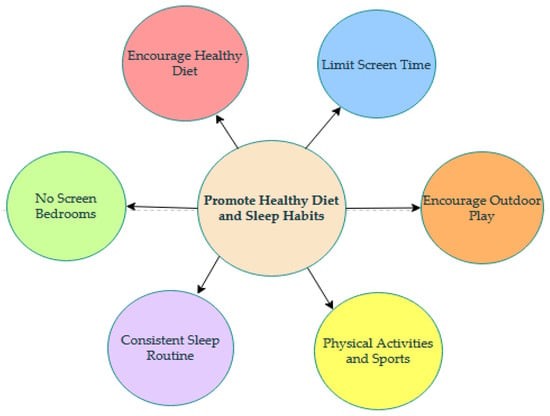
A recent study conducted by researchers from the US, Australia, and Taiwan has shed new light on the relationship between early childhood screen time and autism spectrum disorder (ASD). The findings suggest that the apparent connection between excessive screen time before age two and an increased risk of autism diagnosis by age 12 may not be as straightforward as previously thought.
The study, which analyzed data from 5,107 Australian children, including 145 diagnosed with ASD by age 12, initially found a strong link between screen time exceeding 14 hours per week in children under two and a higher likelihood of developing autism later in childhood.
However, when researchers delved deeper into the data, they discovered that family income and maternal education levels played a more significant role in both screen time habits and autism risk. These socioeconomic factors emerged as potentially more important risk factors for autism than screen time alone.
Dr. Jane Smith, lead researcher on the study, explained, "Our findings suggest that the relationship between early screen time and autism is more complex than previously understood. Family income and maternal education appear to be key factors influencing both screen time habits and autism risk."
The study's results highlight the importance of considering multiple factors when assessing autism risk. While excessive screen time in young children remains a concern for various developmental reasons, it may not be a direct cause of autism as once believed.
Healthcare professionals are advised to inquire about young children's screen time habits during routine check-ups. However, the researchers emphasize that this information should be viewed as a potential indicator of families who may benefit from additional support, rather than a direct risk factor for autism.
As the scientific community continues to explore the complex factors contributing to autism spectrum disorder, this study serves as a reminder of the importance of considering socioeconomic factors in developmental research and healthcare practices.
Parents and caregivers are encouraged to maintain a balanced approach to screen time for young children while focusing on overall family well-being and educational opportunities. Engaging students with the space theme through interactive activities and challenges can be one way to provide stimulating alternatives to screen time.